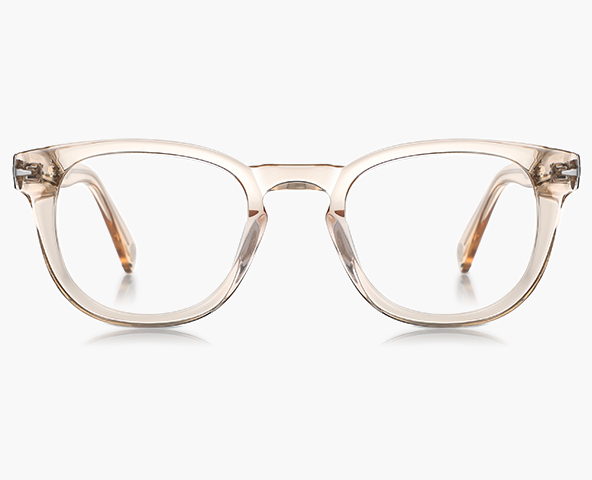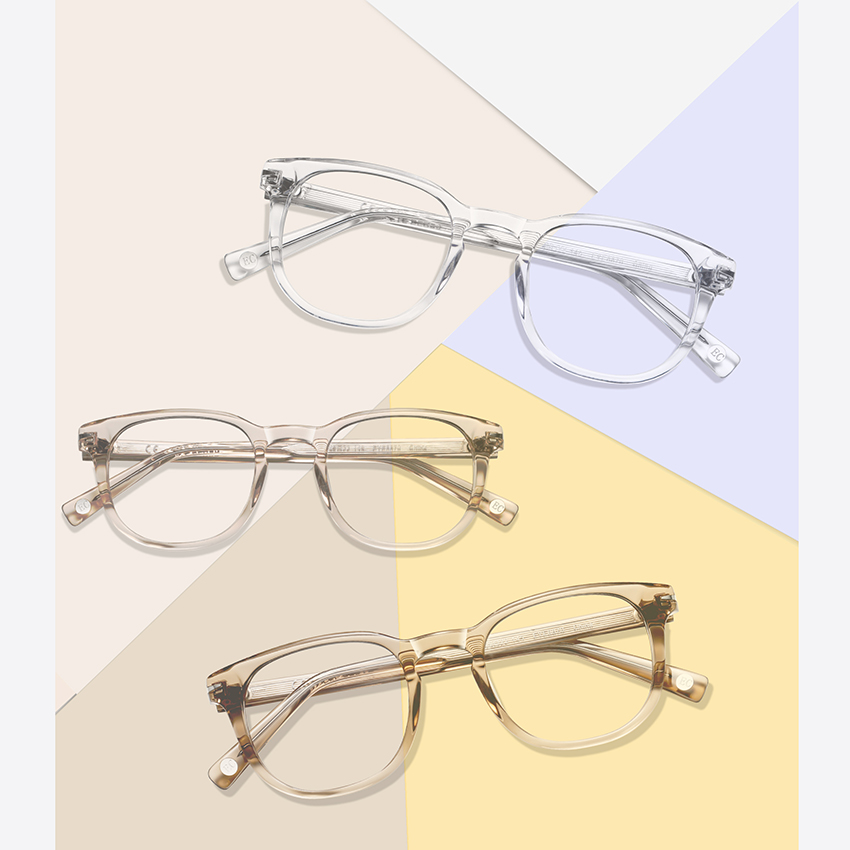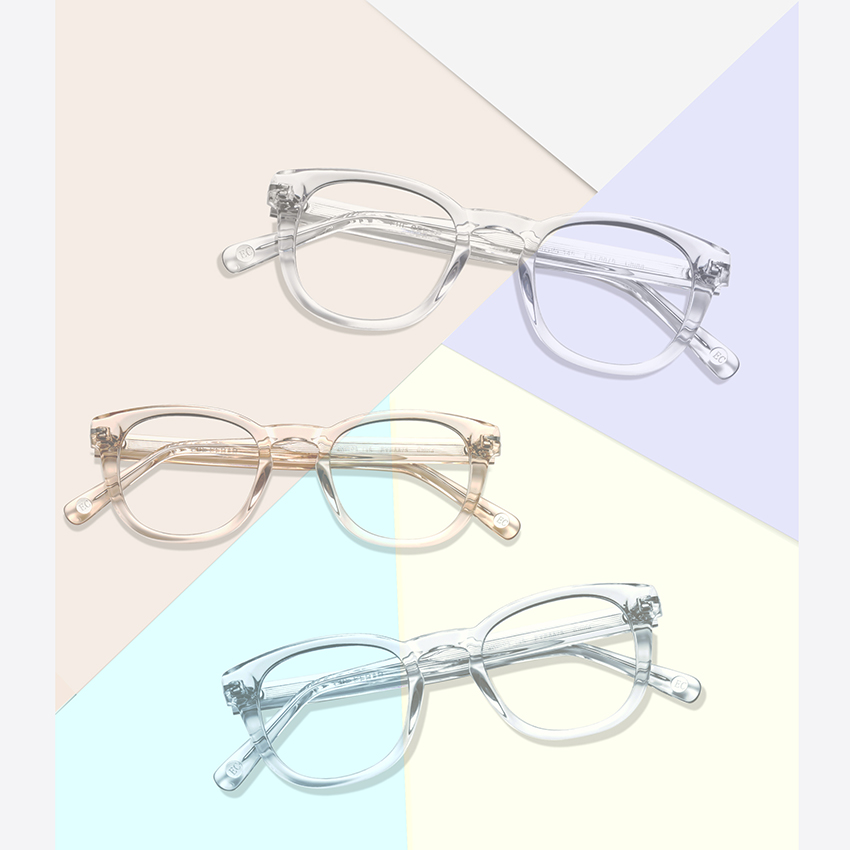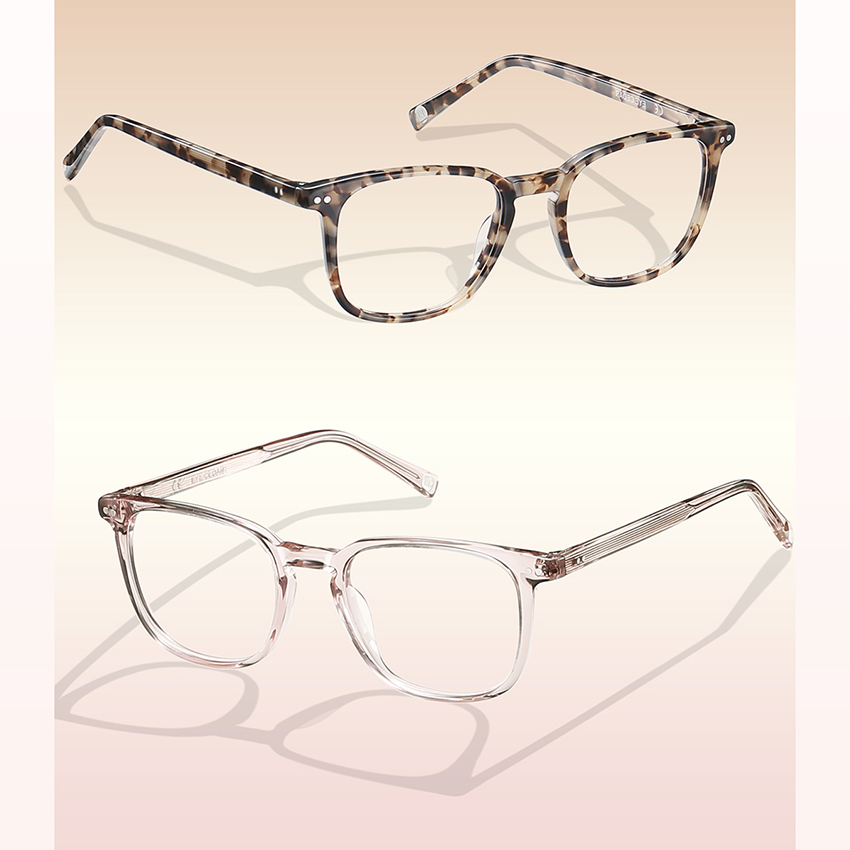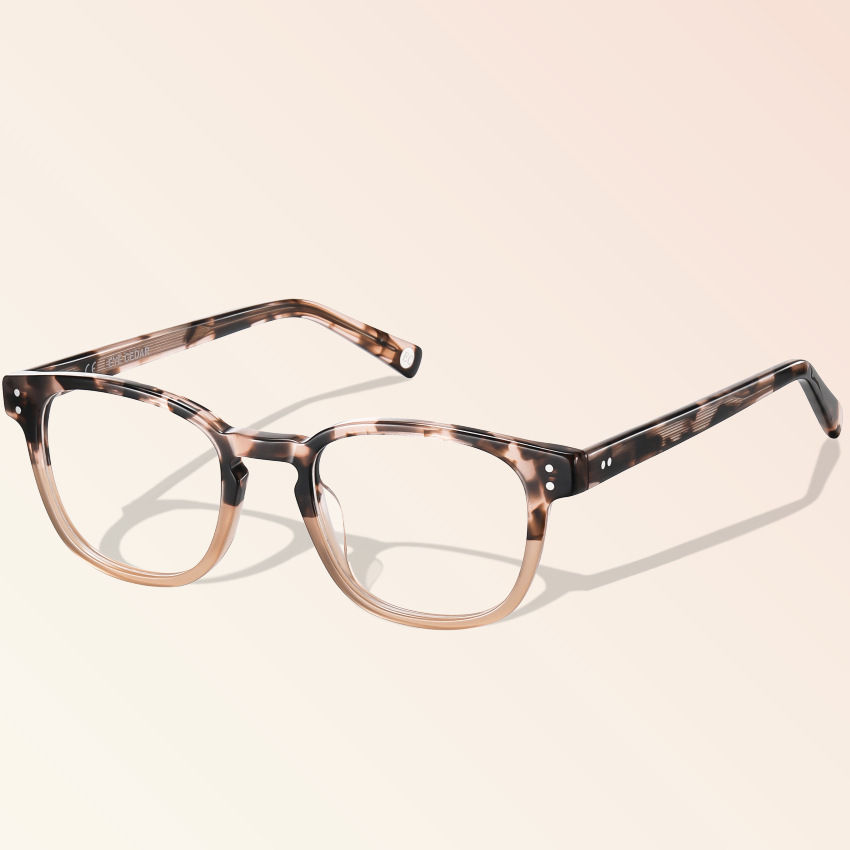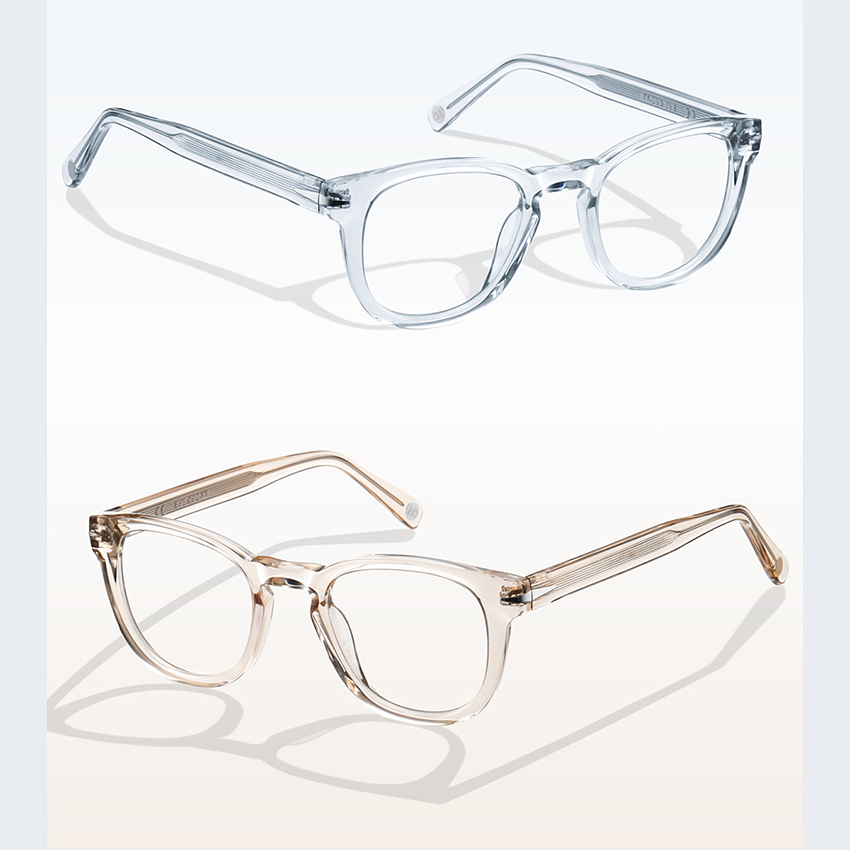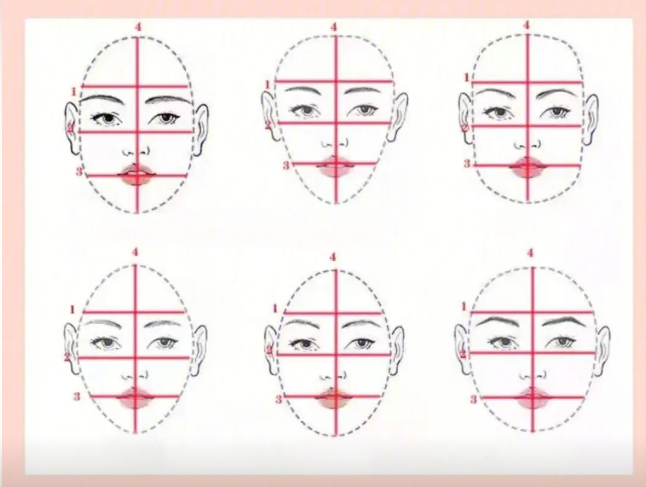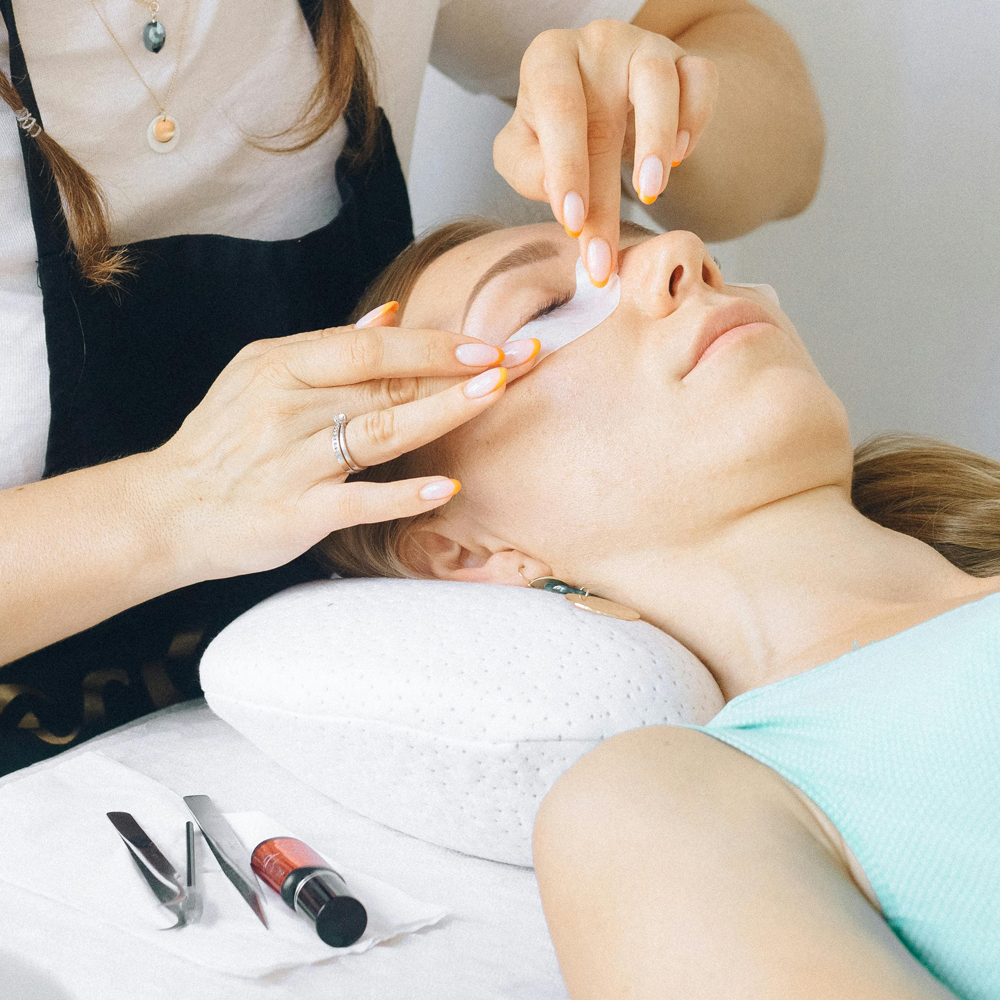In today’s digital world, it’s nearly impossible to avoid long hours spent in front of screens. Whether it’s for work, study, or leisure, digital devices have become central to our lives. While they offer convenience and efficiency, they also come with eye health challenges. Blue light, glare, and screen fatigue are common issues many face. To mitigate these problems, computer glasses are becoming essential. This guide explores how to protect your eyes in the digital age, offering advice on selecting, using, and optimizing computer glasses for better eye health.
Understanding the Challenges: The Digital Strain on Your Eyes
The surge in digital device usage has led to increased screen time, often resulting in eye strain. Our eyes are not designed for long, sustained focus on digital screens, which can cause discomfort, especially with blue light exposure. This “digital eye strain” can cause symptoms like dryness, blurry vision, and headaches. The glare from screens, coupled with poor posture during prolonged use, can worsen these issues, leading to fatigue and neck pain.
In this section, we’ll look at how screen time impacts eye health and why protection is necessary.
The Functionality of Computer Glasses: A Proactive Solution
Computer glasses are engineered to address the specific issues caused by prolonged screen use. Here’s how they help:
- Blue Light Blocking: Special coatings on the lenses reduce the harmful blue light emitted by screens, protecting the eyes from strain and long-term damage.
- Glare Reduction: Anti-reflective coatings minimize the light that bounces off the screen, providing a clearer, more comfortable view.
- Contrast Enhancement: These glasses can improve visual clarity by increasing contrast, making it easier to read fine details and reducing eye fatigue.
- Light Magnification: Some models include mild magnification, offering better focus on smaller text and graphics, providing an extra layer of comfort during long work or study sessions.
Key Factors When Choosing the Right Computer Glasses
When selecting computer glasses, it's crucial to consider more than just the lenses. Here are several important aspects:
- Material Matters: Lenses made from durable, lightweight materials like polycarbonate reduce the weight and add to the comfort of extended wear.
- Fit and Comfort: The right frame can make all the difference. A frame that fits your face properly will reduce the pressure on your nose and ears, allowing for longer periods of use without discomfort.
- UV Protection: If you use your devices outdoors, opt for glasses that also offer UV protection to safeguard against harmful ultraviolet rays.
- Design and Style: Your glasses are an accessory, so pick a design that reflects your personal style while ensuring comfort and functionality.
Eyecedar offers a wide range of computer glasses that combine cutting-edge features with stylish designs to suit all your needs.
Establishing Healthy Screen Habits for Eye Protection
Wearing computer glasses is just one part of the equation. Proper screen habits play an equally important role in maintaining eye health. Here are some strategies for better eye care:
- The 20-20-20 Rule: Every 20 minutes, take a 20-second break and look at something 20 feet away to give your eyes a break.
- Optimize Screen Settings: Adjust the brightness and contrast of your screen to match the ambient lighting. This reduces strain and enhances comfort.
- Ergonomics Matter: Ensure that your screen is at an appropriate height and angle, and sit at a comfortable distance to prevent strain on your eyes and neck.
- Frequent Blinking and Rest: Regularly blink and take short breaks to rest your eyes. This helps reduce dryness and prevents fatigue.
- Humidify Your Space: Keep the air in your workspace moist with a humidifier to prevent eye dryness, especially in air-conditioned or heated environments.
Overall Eye Health: A Holistic Approach
Protecting your eyes isn’t just about wearing glasses or changing your screen habits. It’s essential to adopt a comprehensive approach to eye health. Regular vision check-ups, a healthy diet rich in vitamins, and sufficient sleep all contribute to better long-term eye health. Outdoor activities also play an important role in maintaining good vision, as natural light helps strengthen the eyes.
Incorporating these practices into your daily routine, along with the use of computer glasses, ensures that your eyes are protected from the constant demands of the digital world.



